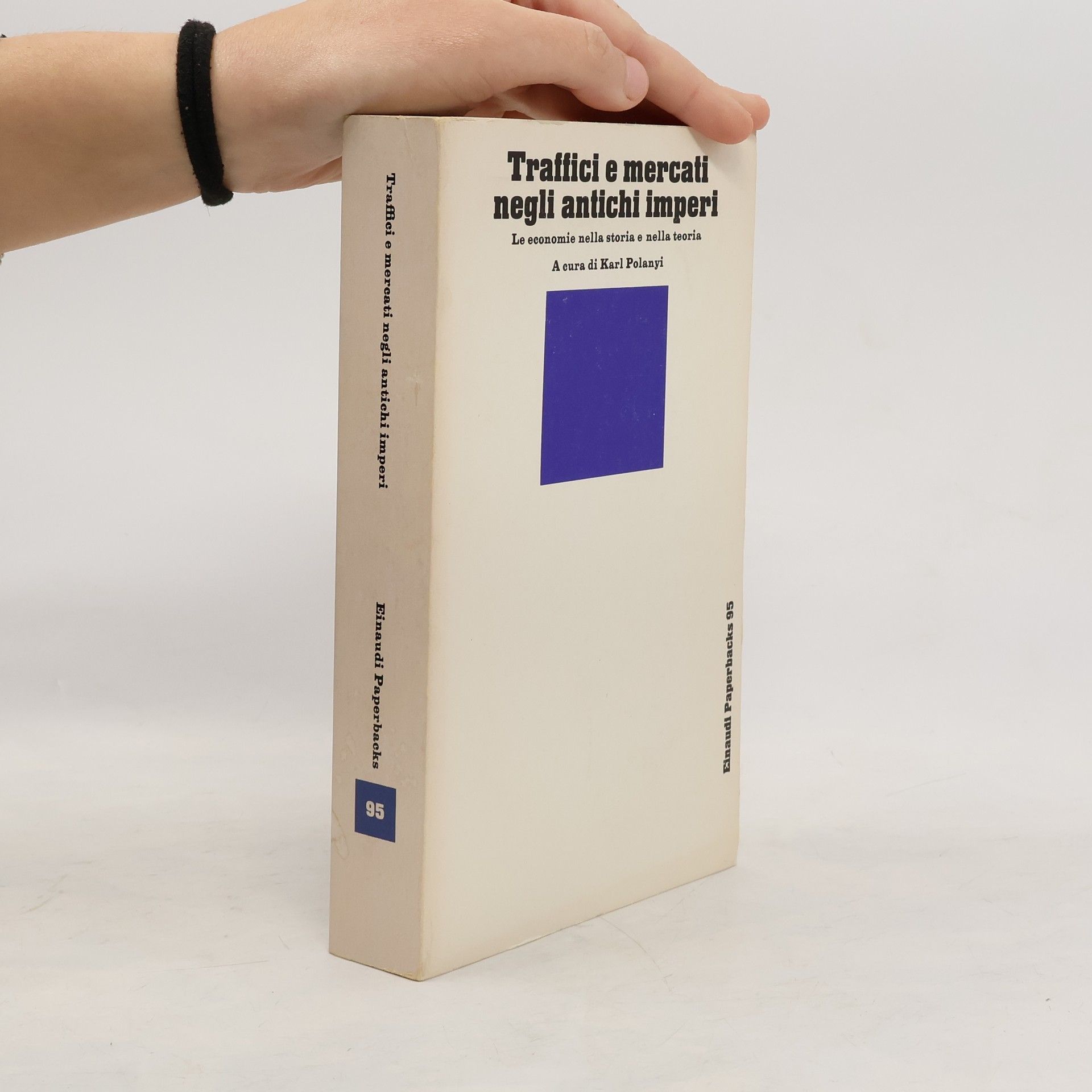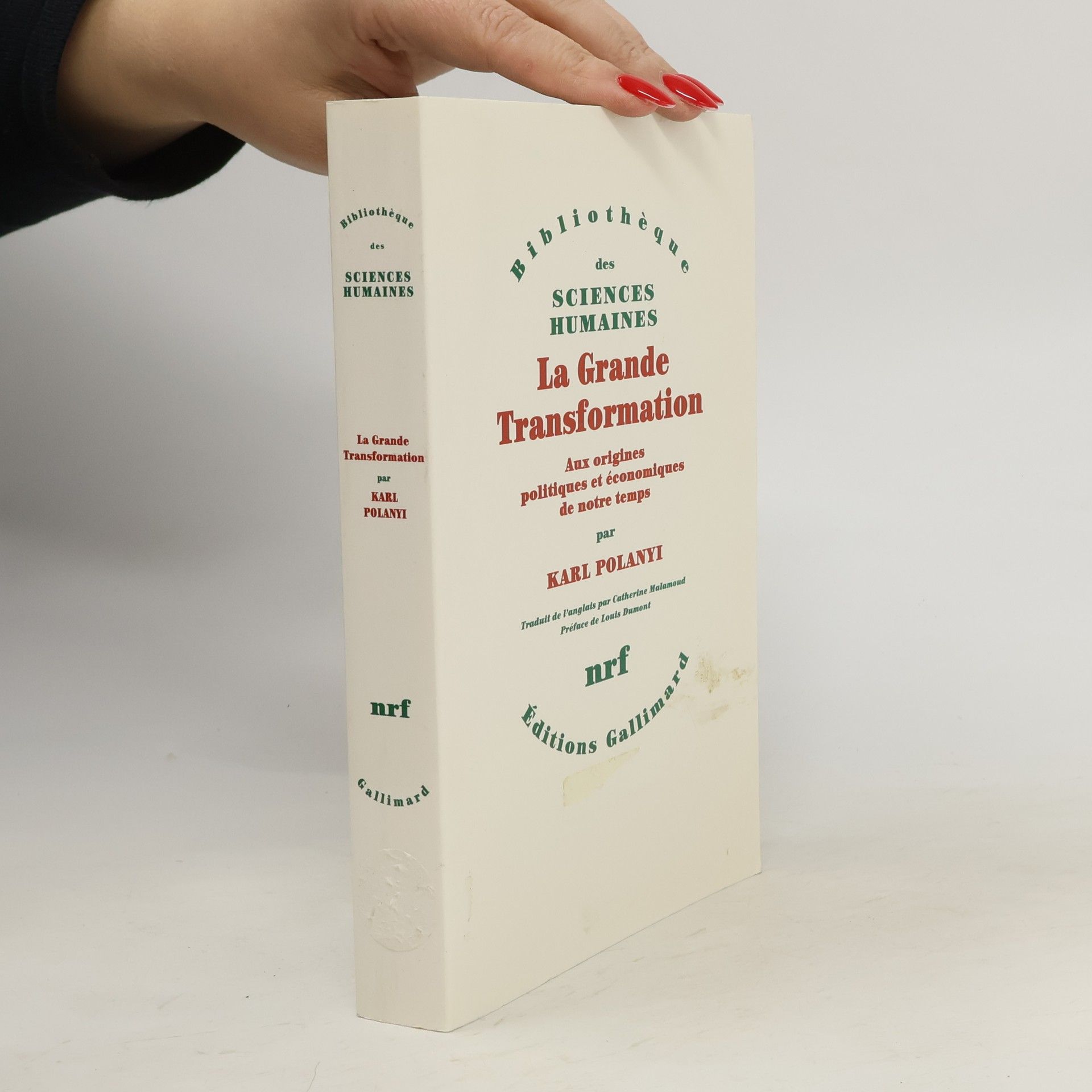This book compiles Karl Polanyi's key articles and essays, showcasing his insights on market capitalism and its impact on society and nature. It includes his writings on economic crises, political theory, and critiques of economic determinism, making it vital for understanding his contributions to political economy and philosophy.
Karl Polanyi Boeken
Deze auteur daagt traditioneel economisch denken uit en onderzoekt hoe economieën verankerd zijn in maatschappij en cultuur. Zijn werk stelt dat de opkomst van op de markt gebaseerde samenlevingen niet onvermijdelijk, maar historisch contingent was. De benadering van de auteur ten aanzien van economie, die de nadruk legt op culturele verankering, heeft toepassing gevonden in diverse sociale wetenschappen. Zijn theorieën vormen de basis geworden voor de beweging voor economische democratie.






'One of the most powerful books in the social sciences ever written. ... A must-read' Thomas Piketty 'The twentieth century's most prophetic critic of capitalism' Prospect Karl Polanyi's landmark 1944 work is one of the earliest and most powerful critiques of unregulated markets. Tracing the history of capitalism from the great transformation of the industrial revolution onwards, he shows that there has been nothing 'natural' about the market state. Instead of reducing human relations and our environment to mere commodities, the economy must always be embedded in civil society. Describing the 'avalanche of social dislocation' of his time, Polanyi's hugely influential work is a passionate call to protect our common humanity. 'Polanyi's vision for an alternative economy re-embedded in politics and social relations offers a refreshing alternative' Guardian 'Polanyi exposes the myth of the free market' Joseph Stiglitz With a new introduction by Gareth Dale
For a New West
- 258bladzijden
- 10 uur lezen
At a recent meeting of the World Economic Forum in Davos, it was reported that a ghost was haunting the deliberations of the assembled global elite D that of the renowned social scientist and economic historian, Karl Polanyi.